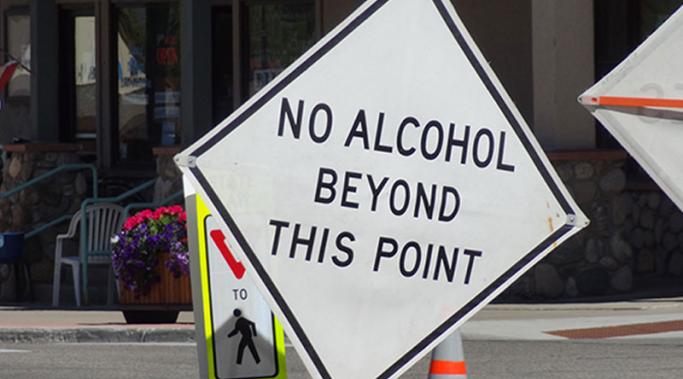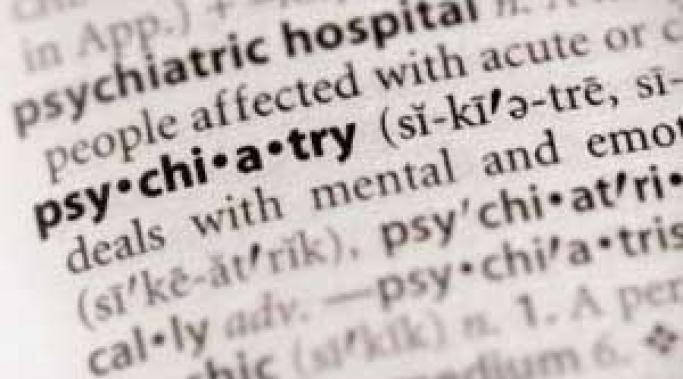When you live with a mental illness you understand depression. You know how much depression hurts, the damage it can cause, and the fear that results from it. But it can be hard to distinguish a state of sadness from that of depression. And it be scary not knowing if you may be experiencing a depression relapse or, with any luck, just feeling plain sad.
Recovery Issues
This topic came to me at a rather ridiculous time---though this is often the case and I am usually somewhere without a pen!---when putting on mascara. Ah, yes. The best ideas plant themselves in my often scattered brain when I am doing anything other than wondering what I might write about.
That being said, with mascara wand in hand, I ran into my office, grabbed a pen, and scribbled it down. And then I thought: "Can we actually view our mental illness positively?" At this moment, as I write these words, I have no idea. But I want to give it a shot. After all, what's the worst that could happen (cue somber music)?
Stress affects your mental health, and if you have a mental illness, stress can cause a mental health relapse, too. If you can't tell the difference between stress and an oncoming mental health relapse, then what feels impossible can become impossible. This is why it`s important to recognize signs of stress that could lead to mental health relapse.
You know it and I know it: living with a mental illness and being open about it can have dire consequences. And, frankly, it pisses me off. Let's look at some of the more common (exceedingly irritating) stigmas about living with a mental illness.
I had a tough year. I typically have a lower mood once October kicks me in the ass, but this year was worse. I watched seven seasons of Lost in one month--granted I had never seen it before. But still! I even went as far as to abandon writing this blog. I was not thinking clearly. Writing this blog is an important part of my life.
As usual, you are probably wondering where I am going again. Yes, the woman who wrote a memoir on mental illness and addiction should perhaps stop talking about her own misery. But this morning--back on my feet again--I remembered that time and the words "solitary confinement" came to mind.
I know. I know. You might be thinking, "Is she serious? I did not lose my entire memory!" Yes, I am serious and I will work to explain why.
Finding a good psychiatrist is, apparently, problematic for some of my readers. Don't worry, you're not the only one who can't find a good psychiatrist.
Last week, I wrote a post focused on communicating with your psychiatrist. This post spurred a few replies, questions from readers, that I want to try to address within this post. I'll do the best I can being a patient myself---a patient who is less than patient!
How Do You Find A Good Psychiatrist?
I am certain I have focused on this topic before--in some way or in another. It's an issue that deserves attention. A good relationship with our psychiatrist is an important part of recovery from mental illness.
I thought of three reasons why it's hard to have a romantic relationship when you have a mental illness. Three? Perhaps 100 reasons is more realistic. 100 reasons sound about right, but then this post would feel like reading a bad romance novel. That said, I want to focus on the biggest reasons why romantic relationships with mental illness are so difficult and how they connect to the smaller reasons--like a web of very bad dates.









